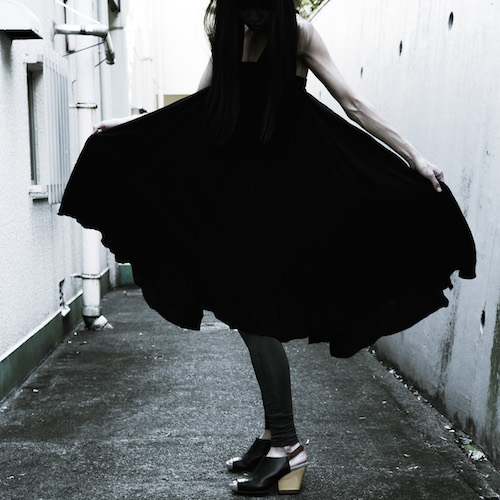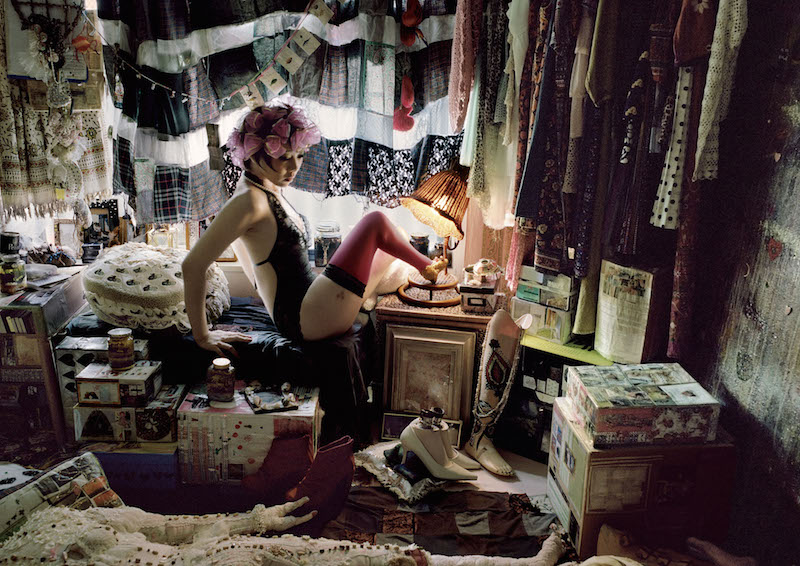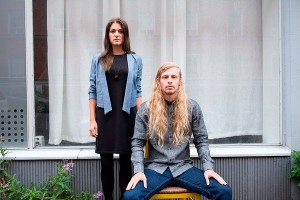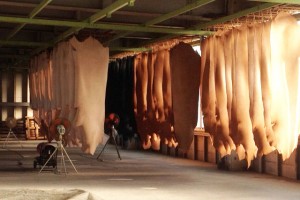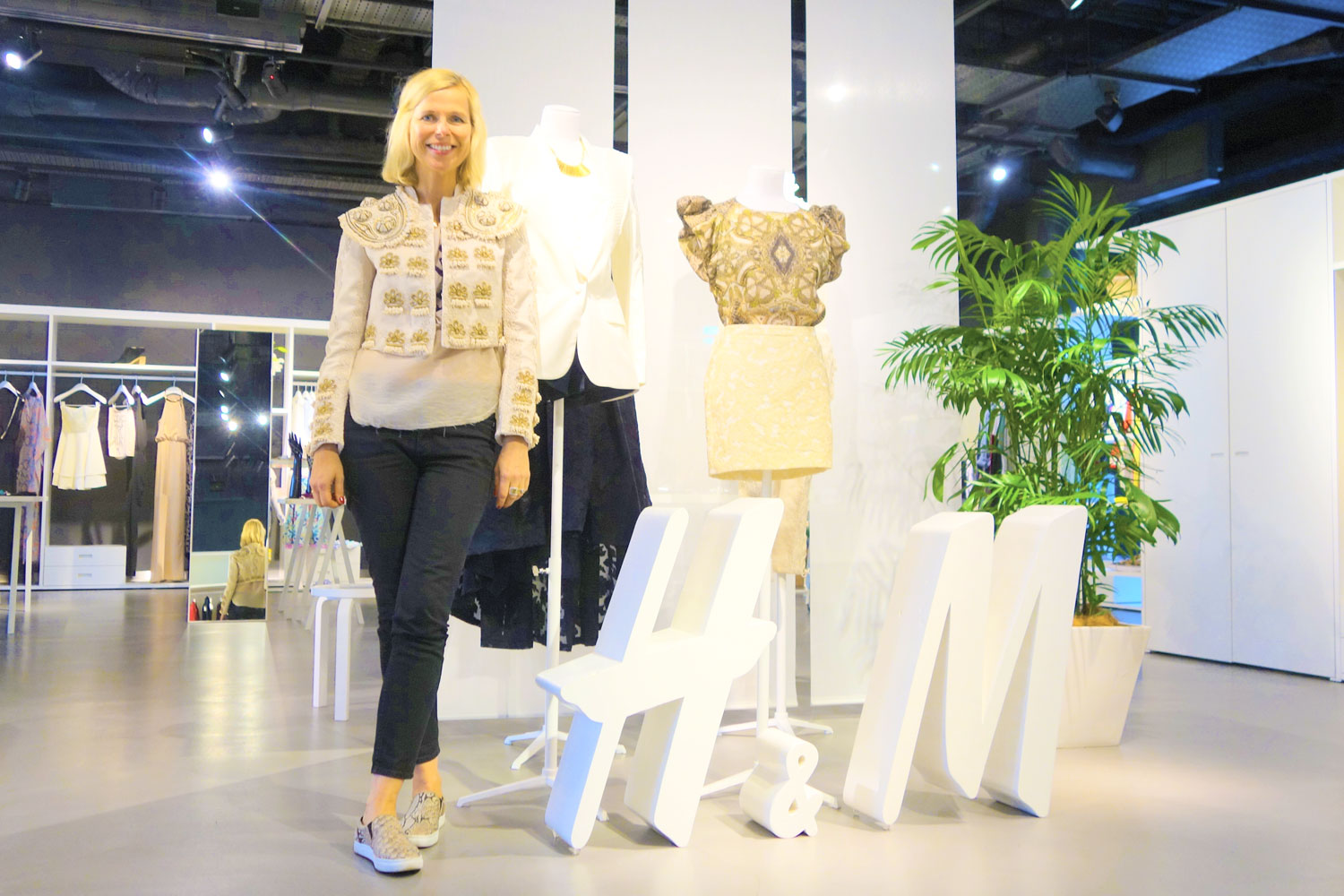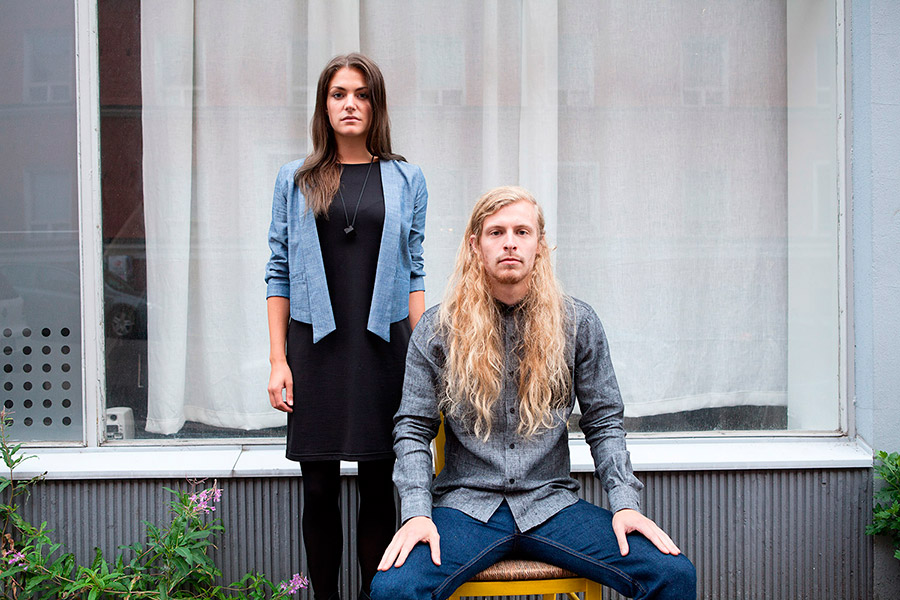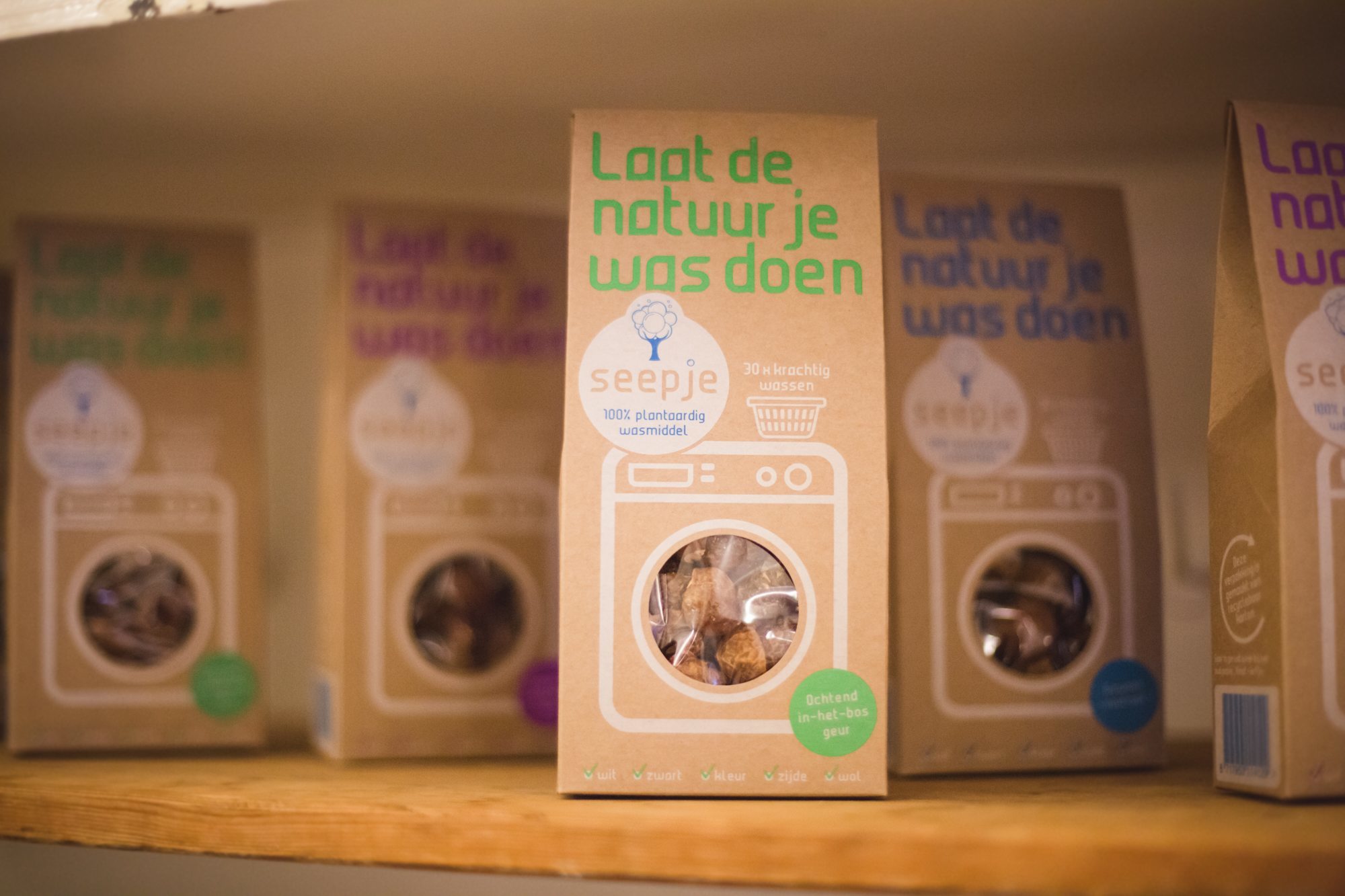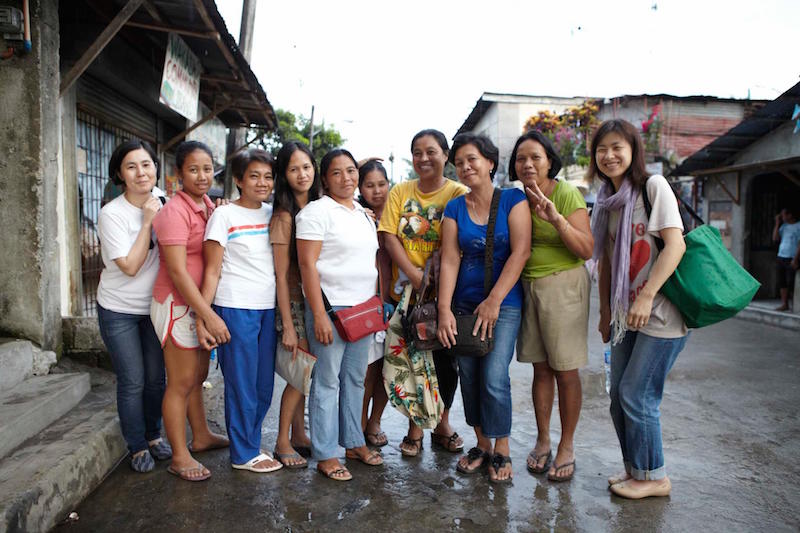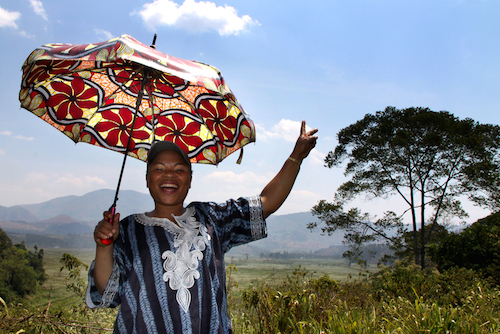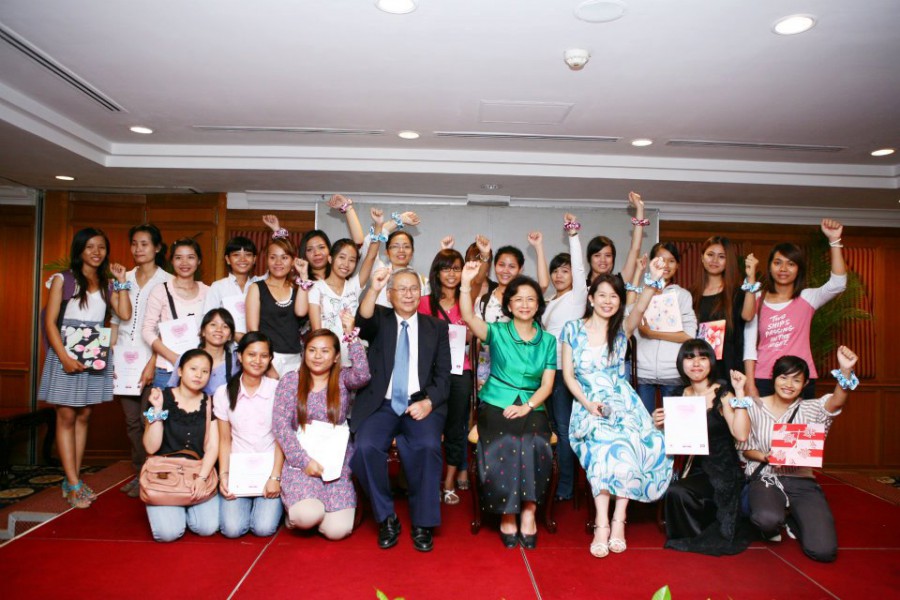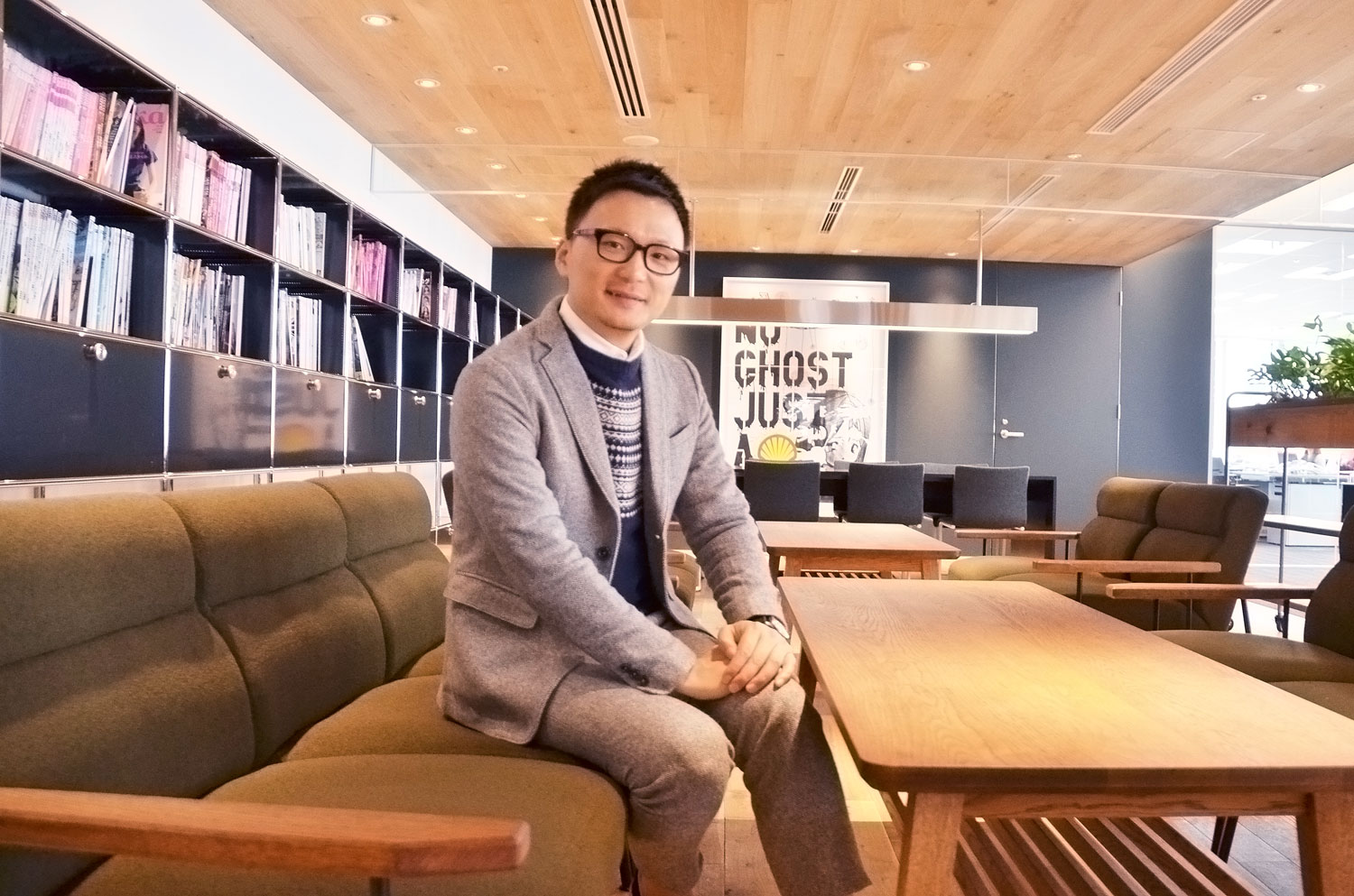In Payatas District, Quezon City, there is a dumpsite for the city of Manila where several thousand tons of garbage arrive every day. About ten thousand low-income people live in this area, and between twenty and thirty percent of them are ‘scavengers’, who live by changing recyclable garbage into money.
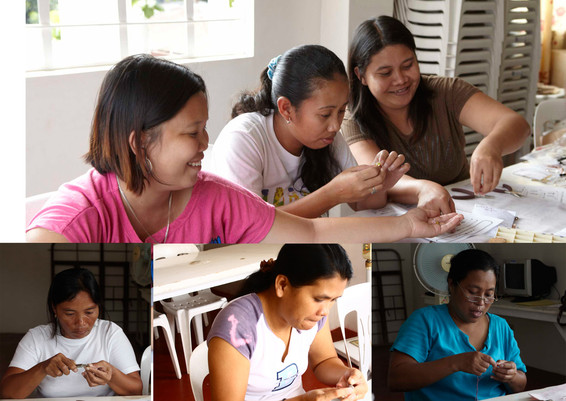
Without education or special skills, most scavengers find it difficult to get a stable job. However the Feliz accessory brand is creating jobs by teaching mothers in the district how to produce and sell their own original accessories.
In our interview, Feliz’s representative and founder, Kanako Kakimoto, a mother herself, describes her vision and how she established the brand, saying, ‘We aim to increase the chances for children to learn and show them how hard their parents are working’.
How Feliz was established
Q. Who produces the accessories for Feliz?
Twelve years ago Salt, one of our business partners, established a cross-stitching group called Likha. Some of their members who were interested in creating accessories started a group called Perura, and we asked them to make products for us.
Some Salt scholarship students have husbands whose income is unstable or who use most of their income for themselves, and some are widows. These situations make it hard for their children to go to school.
Q. Why did you start Feliz?
I wanted to do something to increase the chance for children to receive an education no matter where they were born, so that they could achieve their dreams and hopes. While I was struggling to find a way to fulfil this goal, I met Salt. We have mothers who produce goods locally, and we buy the finished items so that they can create jobs for themselves and they can make better profits.
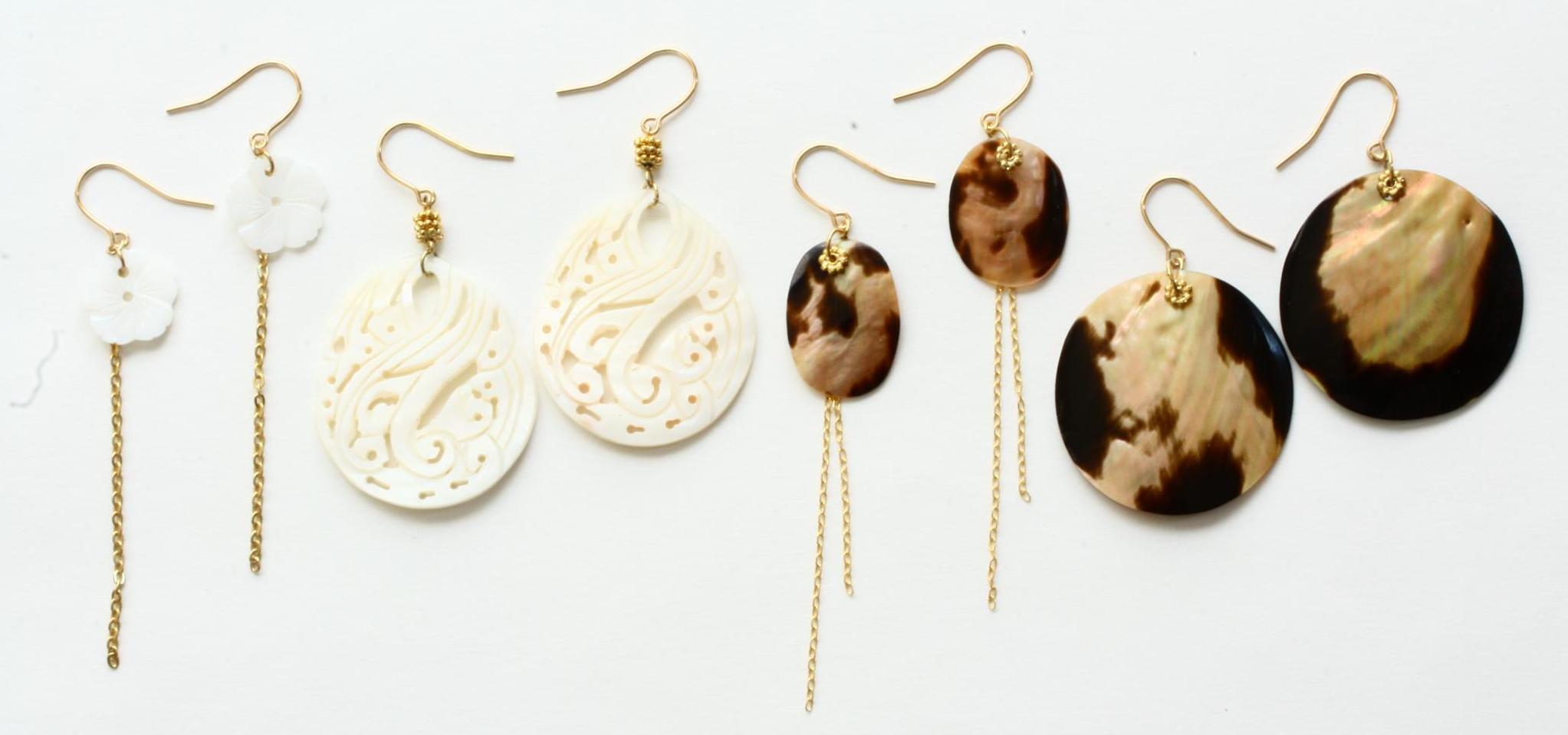
Q. What experiences triggered your passion?
There are many, but one of them is that I really understand that giving birth to a child is a miracle and very valuable because I had difficulty in having a child myself. I couldn’t help feeling indignant about children who cannot live their own life because of their birth country, family situation and sex.
Q. Why the Philippines?
I visited the Philippines for the first time in October, 2010, to hold our first workshop. I wasn’t determined to get going in the Philippines from the start, but I was introduced to a group of mothers called Likha, which is one of Salt’s programs, and I started to consider doing activities like those I am doing now. I saw that this would be a great group to work with.
As a mother
Q. What were you doing before you started Feliz?
I was working as a health nurse at a city centre in the countryside, and I went to the UK to become a licenced aroma therapist. After coming back to Japan and getting married, I worked at a salon and taught aroma therapy, but I quit work when I had a baby.
I gave up trying to have a second child and started to work part-time at the cram school that my child went to. I also used 5000 yen that I earned from work to sponsor a child.
I started to create accessories around that time as a hobby, and gradually I got the opportunity to sell them and to share my designs. When I started to wonder if I could combine creating accessories and child sponsorship, I discovered the words ‘fair trade’ and ‘ethical’. Then I seriously wanted to put the idea into practice, so I went to a women’s business school to start a company. I started Feliz in June, 2011.
Q. Was your family receptive to the idea of your starting a business? Did they oppose you or make a fuss?
Actually, I didn’t explain it properly or make them understand when I started the business. When they saw me working on all kinds of projects, they asked me, ‘What are you doing?’ Then I explained bit by bit. My husband said he heard about my blog from a colleague and read it. He might have been like, ‘Ah, this is what she’s doing.’ He knows I’m stubborn and that I wouldn’t stop what I’m doing if he told me to, so he’s receptive, maybe (laughs).
My son is twelve years old, a freshman in junior high. He supports me very much, but he doesn’t like it when I go out at night and come home late. So I cannot often attend seminars and meetings if they are held at night.
Frankly speaking I’m not capable of doing both housework and work perfectly. I appreciate my husband and my son for being generous. So I’m trying to tell them, ‘Thank you’ and ‘Sorry’ at the same time.
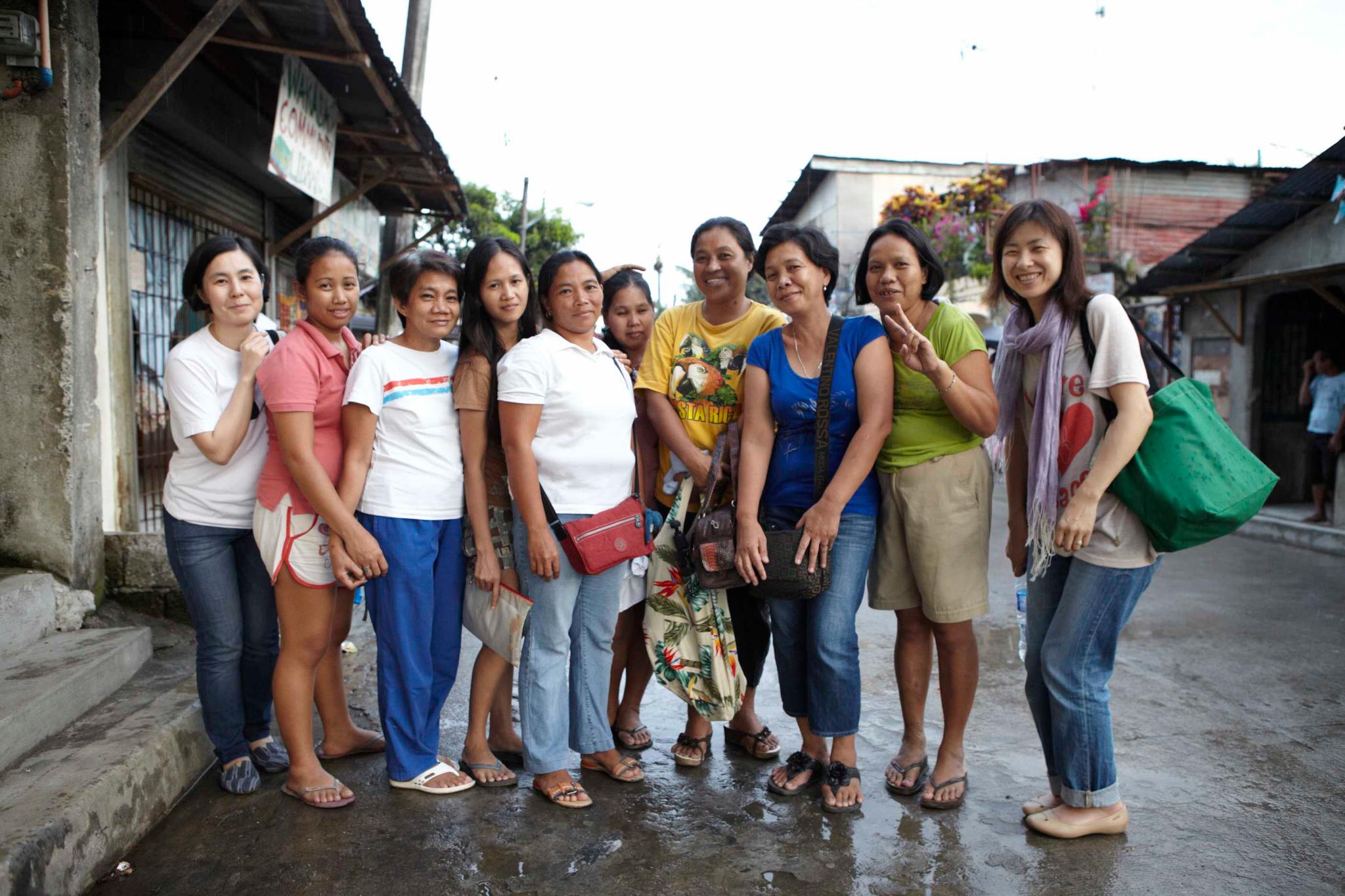
With mothers. Kanako is the right end.
Q. When do you get discouraged as you’ve been working alone?
When I am busy, I cannot organize both my work and housework well. But hopefully, time solves the problem.
Q. When do you feel encouraged?
When Filipino mothers are studying very hard to create accessories, and when they are very happy to hear that their accessories are sold, I feel happy. I am also glad to see customers who are happy about the products because I feel the happiness is shared.
Make the difficulties into ‘identity’
Q. What is your current task? How would you like to get over it?
There are so many tasks, but it’s becoming impossible to do everything by myself. I’d like to go forward with others’ help.
Another task is to share our vision and mission with the Filipino mothers and have them become more aware of the business. I’d like to increase the number of meetings so that we can share opinions. This is the most difficult task…
Also, in order to carry out the mission of Feliz, I’d like to increase the opportunities for the customers to find our products. We have to not only pursue more likable designs and better fabric but also increase the number of shops where we can display our products permanently.
Q. Finally, could you tell us your plans and goals for the future?
This year I’d like to work with new partners. I’ve made it my goal to work with people from all over the planet to have them know about the reality of the world through our products. Sometimes it’s hard to work and to have a family at the same time, but I’d like to make it part of the identity of Feliz to create a new style of work.
(Translated by Akiko Ishige)

